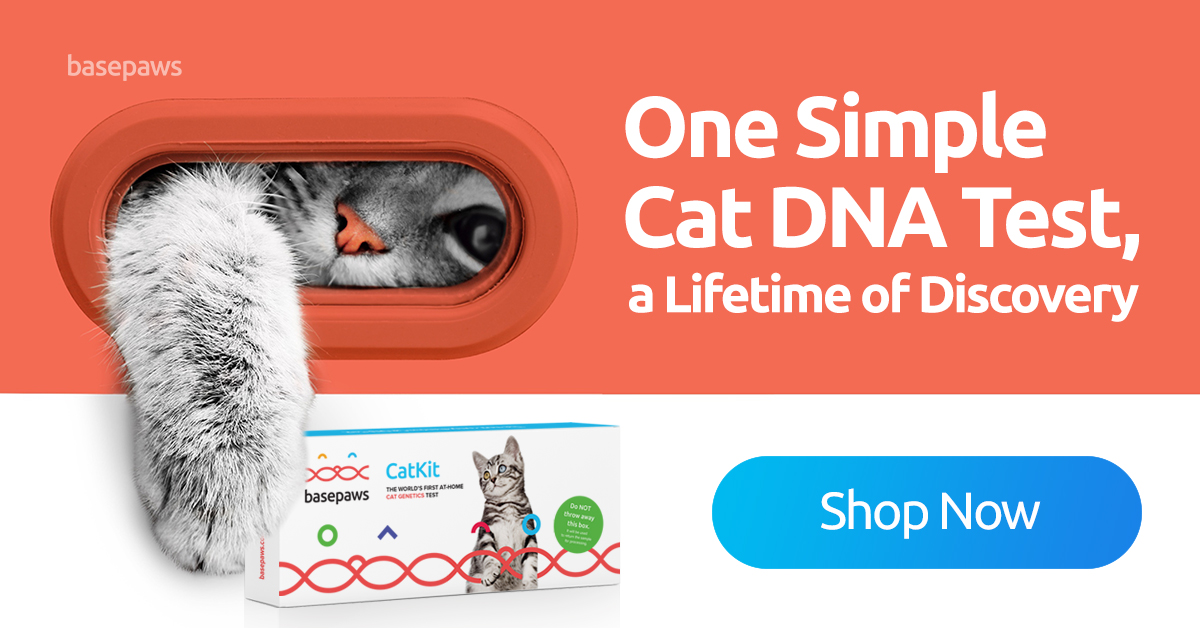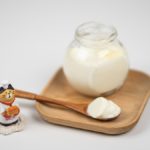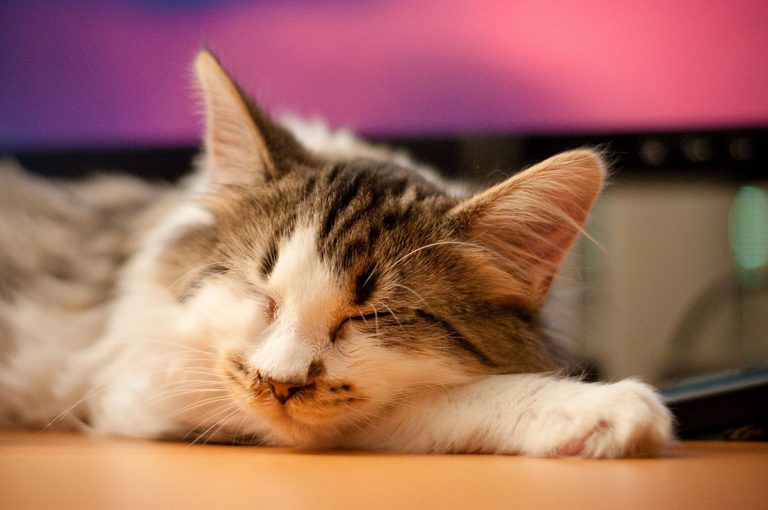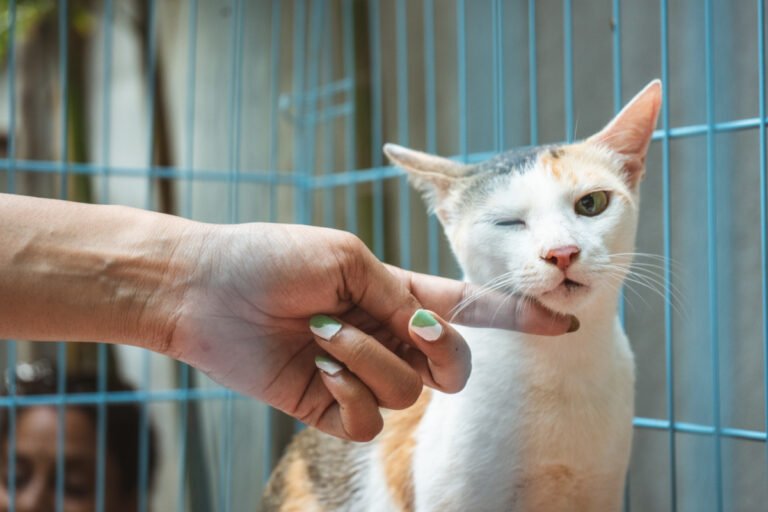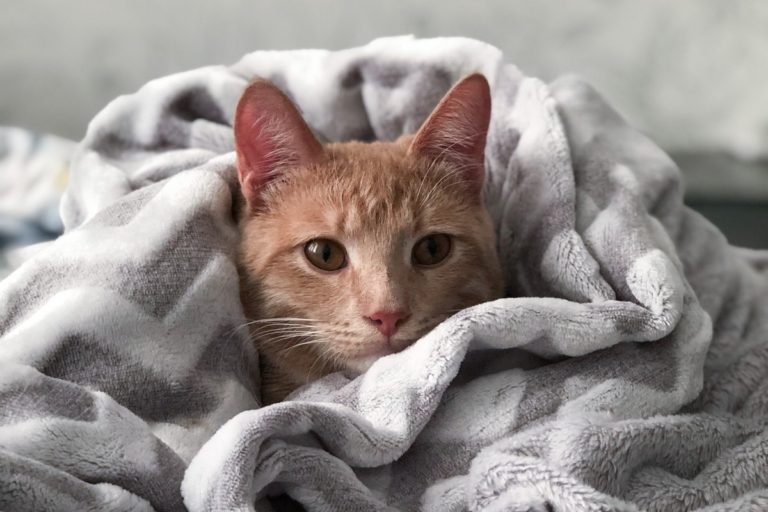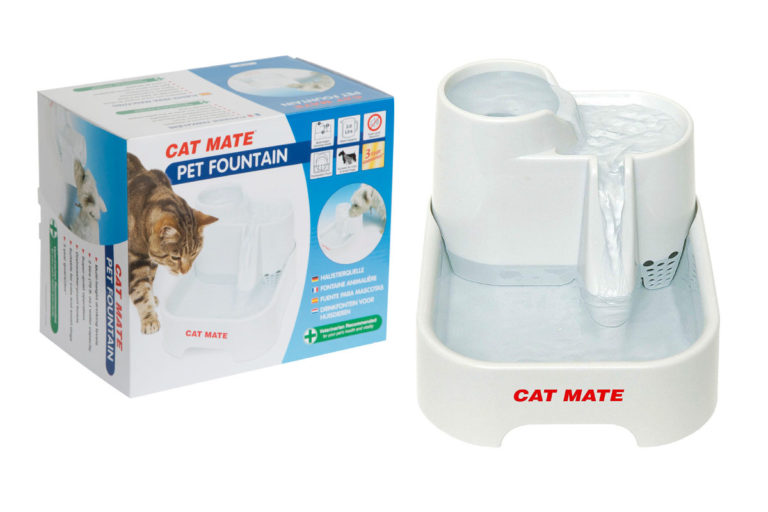Yogurt is known to contain probiotics, which can be beneficial for your cat’s digestive system. But can cats have yogurt, even though they are lactose intolerant?
DISCLAIMER: This post may contain affiliate links. If you click one of these links and decide to make a purchase, we may receive a small commission. This comes at no extra cost to you and helps to keep the site alive and up to date. If you want more information, please review our Privacy Policy. Thank you for your support!
Can Cats Have Yogurt?
Although cats are lactose intolerant, they have no problem digesting yogurt. That’s because yogurt actually contains very little lactose compared to milk. If you are looking for a calcium-rich lickable treat for your cat, yogurt is a great option to consider. You can safely give your cat 1 to 3 teaspoons of yogurt a day.
But don’t give them just any yogurt. The yogurt you find in the supermarket contains a lot of added sugar, preservatives and other ingredients that are unhealthy for cats. The only yogurt you can safely give to your cat is natural, low fat, unflavored yogurt, preferably with probiotics.
What Are Probiotics?
Probiotics are live cultures of friendly bacteria that support the immune system by contributing to a healthy digestion. Probiotics naturally help your cat’s gut function properly so that all good nutrients from their food can be absorbed.
Live probiotic bacteria are found in fermented foods, such as yogurt, aged cheeses, pickled vegetables, kimchi and sourdough bread. They go by names that probably sound familiar to you, like Bifidobacterium bifidum, Lactobacillus bulgaricus and Streptococcus thermophilus, the latter two of which are found in yogurt.
Should Cats Take Probiotics?
Probiotics are potentially be beneficial for any cat, and any human for that matter. In fact, since they are considered such a good health support in general, many cat foods and treats are already supplemented with probiotics.
Still, healthy cats that are fed a complete and balanced diet don’t actually need them. There is no clear scientific evidence that says they do and too much added probiotics could actually be harmful for your cat.
Nevertheless, there are cases where adding probiotics to a cat’s diet can be really helpful, as many cat owners have experienced. It is not uncommon for veterinarians to prescribe probiotics to round out a sick cat’s diet.
If your cat has digestive issues, such as hairballs or constipation, or struggles with food sensitivities and allergies, probiotics can make a real difference and may clear up some of their problems.
Related Post: What Is The Best Cat Food For Constipation
Just like you and me, our cats can get constipated. Read our guide to learn how to prevent it and find out what is the best cat food for constipation.Probiotics In Cat Food
Of course, yogurt isn’t the only way to give your cat the probiotics they need. As previously mentioned, there are cat foods and treats on the market that claim to contain probiotics. Whether or not they actually do is questionable, since the bacteria will need to be preserved in some way to make it to your cat’s intestines alive.
If you want to give your cat probiotics as a part of their daily diet, we suggest looking into freeze dried food for cats. Freeze drying is an excellent way of preserving probiotics without damaging or destroying them. Once you rehydrate the food, you also rehydrate the bacteria and allow them to kick into gear just in time for your cat to eat them.
Regular dry foods, and even wet foods with probiotics, are less likely to actually contain the live bacteria you’re after. Most likely, the bacteria are alive and active when the food is prepared, but they quickly decrease in numbers.
Either way, freeze dried cat foods are definitely worth considering for any cat, since they are more in line with the nutritional needs of cats than traditional cat foods. They contain more protein and far fewer carbohydrates and cats worldwide thrive on them.
Related Post: Best Freeze Dried Food For Cats
Our number 1 recommendation for the best freeze dried food for cats is Stella & Chewy's Freeze Dried Chicken Dinner Morsels. Read our review to find out why.Probiotic Supplements For Cats
If you want to make absolutely sure that your cat enjoys all the benefits from live probiotic bacteria, you will need to supplement them in some way. There are plenty of commercially available probiotic supplements for cats that you can try.
A word of caution is needed, though.
Probiotic supplements for cats generally contain millions, if not billions, of bacteria from a limited number of strains. Your cat’s gut naturally contains tens of thousands of different microorganisms in much lower concentrations. If you give your cat such a concentrated, but limited, supplement every day, you risk flushing out their natural bacteria and letting the supplemented ones take over.
Pet supplements also tend to contain additives designed to make them palatable to pets, but that aren’t too healthy for them. This defeats the purpose of giving them a health supplement entirely. If you do choose to go for a commercial supplement, do your research on its actual contents before giving it to your cat.
Probiotic Yogurt For Cats
Plain probiotic yogurt is in essence nothing more than milk and bacteria. It is a natural product that cats are actually drawn to instead of repulsed by. It is also easy to dose and doesn’t contain such quantities of bacteria that it becomes dangerous for your cat.
Yogurt has the added benefit of being a liquid. It is the perfect tool to sneak some other powdered medicine into an ailing cat. Probiotic yogurt is also a great way to give some extra calories to underweight cats, pregnant cats or cats that are nursing.
And if you make probiotic yogurt yourself at home, you can make sure that your cat is actually getting live bacteria. A store-bought container of Greek yogurt might have been made with live probiotics, but these bacteria will likely have died off by the time you buy it.






